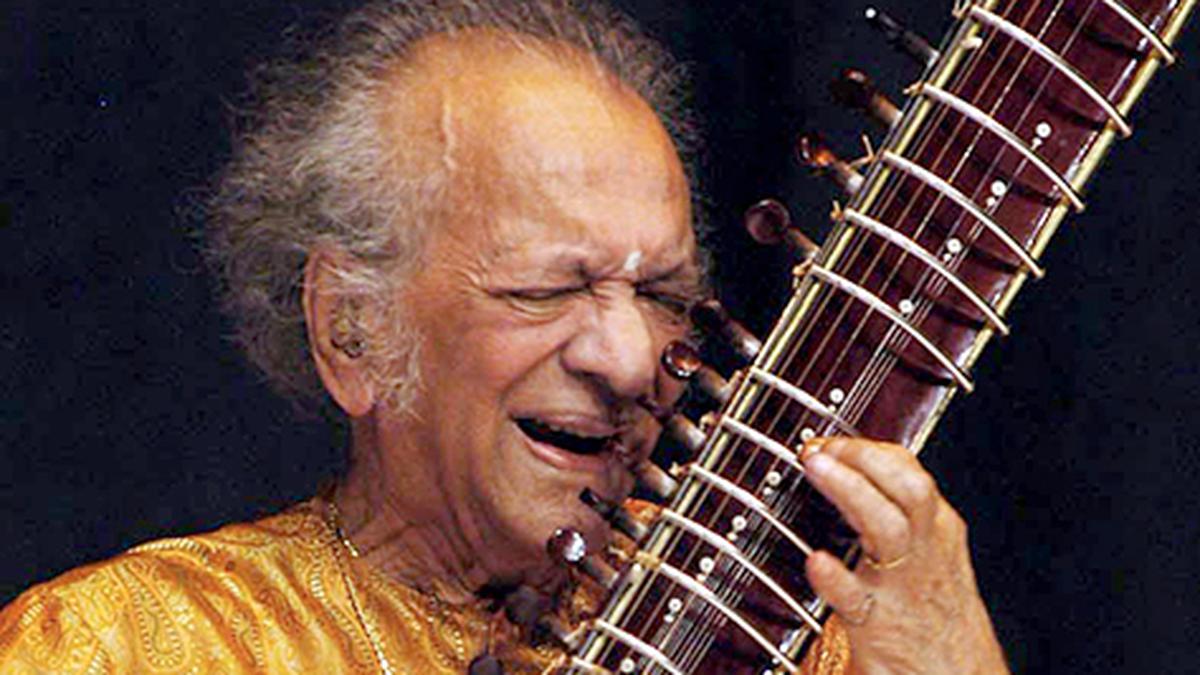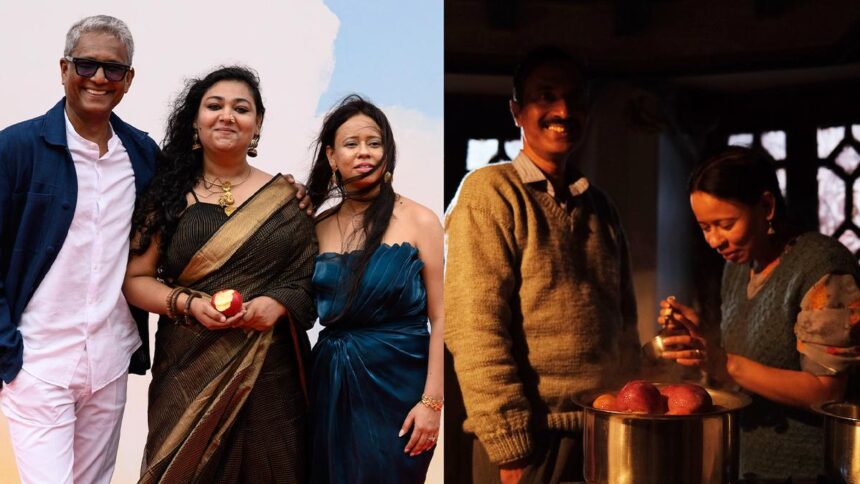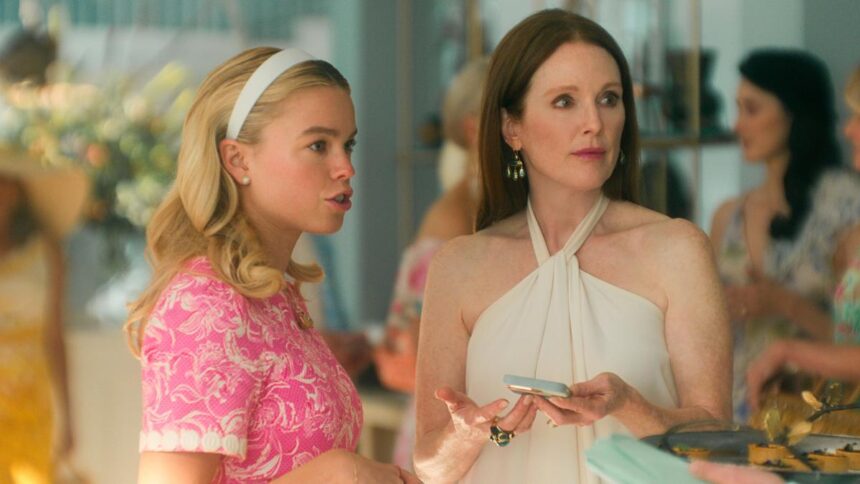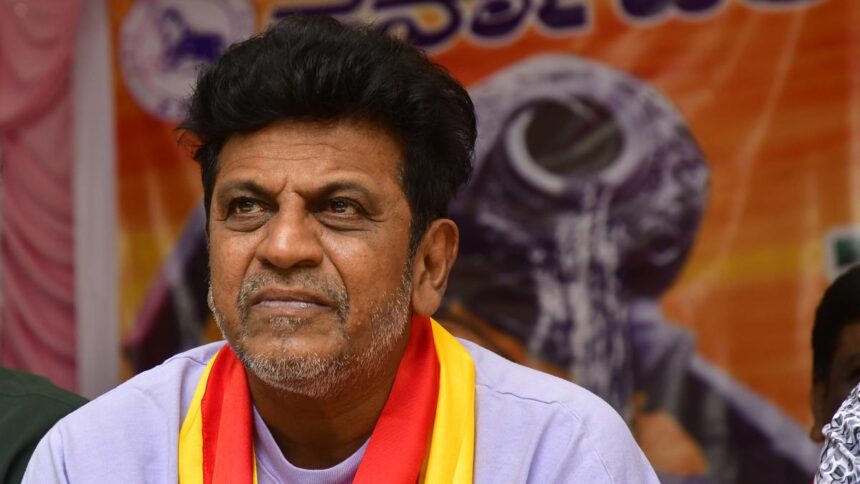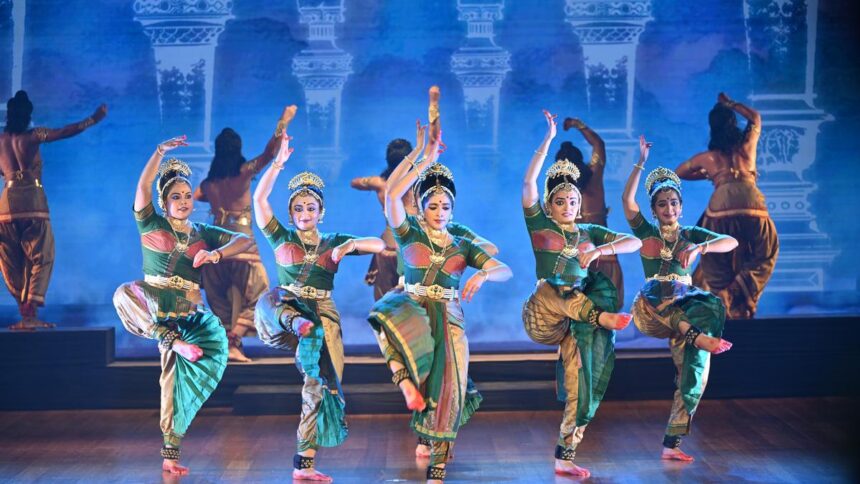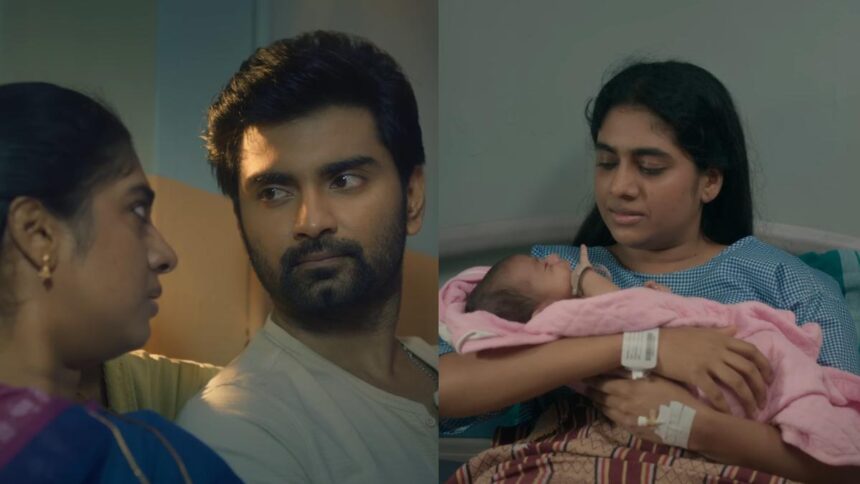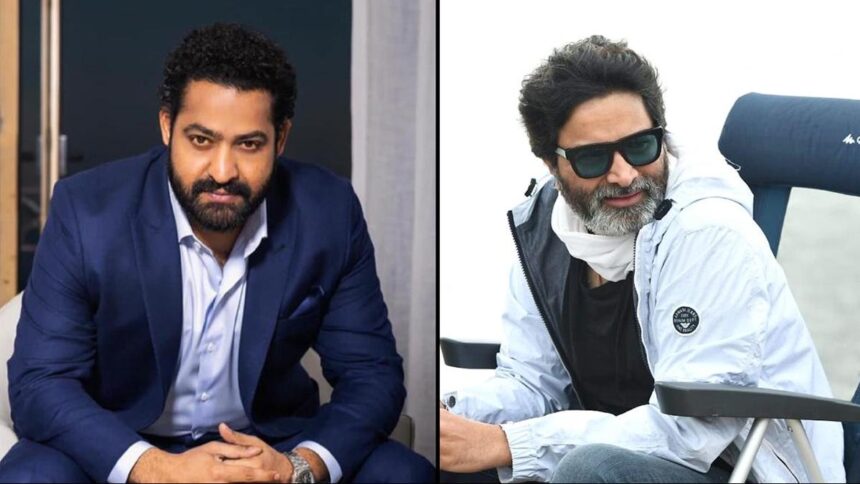Gowri Ramnarayan is a prolific writer, playwright and singer. She has been privy to the lives of several greats in arts and politics. When you talk to her, you get to hear anecdotes that help you know more about the personalities you have only read about. One of them is Pt. Ravi Shankar, who took the sitar to the world. His music encompassed all emotions and colours of life.
Over the years, Gowri has managed to seamlessly blend music, dance and theatre into her storytelling. Enchantment, her latest production, is a biographical play, which offers a peek into the life of Pt. Ravi Shankar. Gowri talks about the making of the play and how panditji’s music revealed new dimensions of art to her. Excerpts from an interview.
What made you write a play about Pt. Ravi Shankar?
It was in 2020, his birth centenary year, when the pandemic had shut the world down, that I felt compelled to write this play as a tribute to the iconic musician. Looking back, the idea had actually taken root in 1992, when I interviewed Ustad Vilayat Khan — often described as Ravi Shankar’s arch rival. The Ustad spoke at length about him. After the interview was published, I received a call from Pt. Ravi Shankar. He had read it and wanted to talk. He shared how he had grappled with the unflattering comparisons he’d been subjected to — not just with Vilayat Khan, but also with his wife Annapurna, who was often considered the better artiste. (The film Abhimaan is loosely based on their story.) He also spoke about how much of his inner turmoil stemmed from restlessness — ironically, the very source of his unique creativity. His words stayed with me, bristling with unspoken hints and unacknowledged complexities. All of it eventually led to this project.
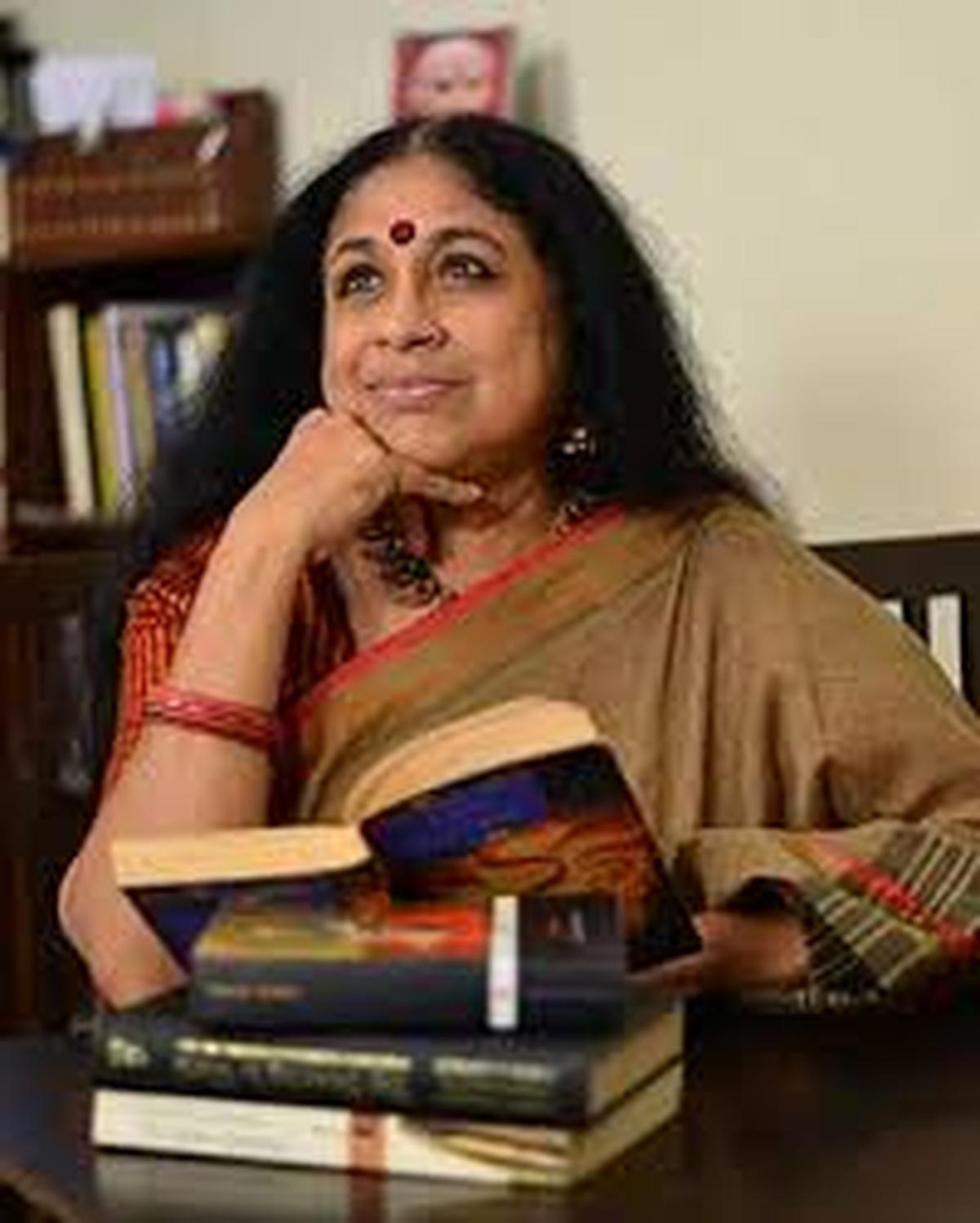
Gowri Ramnarayan
| Photo Credit:
Special Arrangement
Is the play based on such memories or actual events from his life?
Drama thrives on conflict and contradiction. Ravi Shankar’s biography by daughter Anoushka was released much after I wrote my play, but there were two autobiographies too. The book by Anoushka features profiles and interviews. It describes how the maestro as an indigent child was whisked off from Benaras to Paris; won rave reviews as a dancer in London and New York; abandoned glamour and luxury for seven years to learn classical music under a martinet guru in a small town in Central India; and later, as a grown man struggling to establish himself, pushed to the brink of suicide, before finally achieving global acclaim. His life and art was often shadowed by controversy.
But emotions shape a play, not information. I was lucky to have access to sisters Lakshmi Shankar (Ravi Shankar’s sister-in-law) and Kamala Chakravarty (his partner for 24 years). Both were my mother’s friends and shared their personal experiences. As a child, I have known the sitar legend as a family friend. As a journalist, I sensed the nuances in his instrument’s tone and the feelings in his voice. The play came from those moments of vulnerability.
What do you think of Pt. Ravi Shankar as a person and an artiste?
What can you say about an extraordinary genius? He was the first and the most acclaimed international Indian musician — who strode East and West, North and South and traditional and modern. He showed what World Music and fusion really meant. Yet, my response to this question lies within the play itself. And perhaps, those who watch it might probably walk away with their own image of the man and the artiste.
What elements have you woven into the play?
All my works take a cue from the Indian aesthetic tradition, which sees theatre as an amalgam of words, visuals, music and dance. I use dance and music, not as frills, but to represent the complexities of contemporary life. They become parallel texts, especially when I feel that words cannot evoke the exact feeling in a particular context. In Enchantment, it became a seamless process. The protagonist was a dancer, who turned into a musician. Moreover, criss-crossed with smiles and tears, Ravi Shankar’s compositions are scenarios in themselves. Bombay Jayashri invoked them as only she can. Aditya Prakash, Vignesh Ishwar and Chaitra Sairam have added their tender notes. Renjith and Vijna have understood that in this bioplay, dance has to be an extension of the mood.
Is writing an easy process for you?
For me, writing a play is fast, easy. It is thinking that brings sweat and tears. You suffer all the agonies of a sculptor pounding on rocks under blazing sun and blinding snow. The hammering and chiselling are essentially the process of editing. But since I also direct my plays, when the actors start speaking the lines, all of us see the flaws. Then I become a ruthless surgeon. The narrative evolved with my own interpretations of my memories and and those of others. it was fascinating to see Yohan Chacko, Aarabi Veeraraghavan and Vidhya Subramanian (cameo), morphing into their characters with each rehearsal session. How? With skill and understanding of course, but also by delving into what actors term ‘emotional recall’ from their own lives.
How do you think audiences are going to associate with the play?
A movie on Nureyev is not made exclusively for ballet fans. Nor is a play on Mozart confined to western music buffs. This play centre stages a man who lived in our times, bringing the world and the values of the Indian performing arts with it. However, I see Enchantment as the universal saga of human beings pursuing their dreams with passion, grit and conviction — never allowing external obstacles or even their own to stop or give up half way down the road. Any writer or director of plays wants the audience to experience something that stays with them, shifts their perspectives and find themselves strengthened in heart and mind. Isn’t it what the ancients called catharsis, and we call freedom? I will be content with audience empathy.
The play to be staged on September 12 (7 p.m.) at Museum Theatre, Egmore, Chennai, is being presented as a fundraiser for REACH. Tickets at bookmyshow
Published – September 02, 2025 03:49 pm IST





